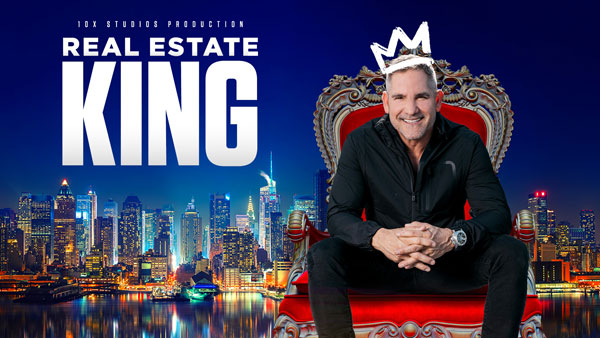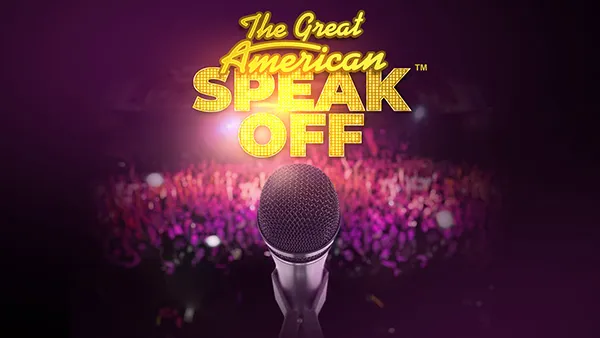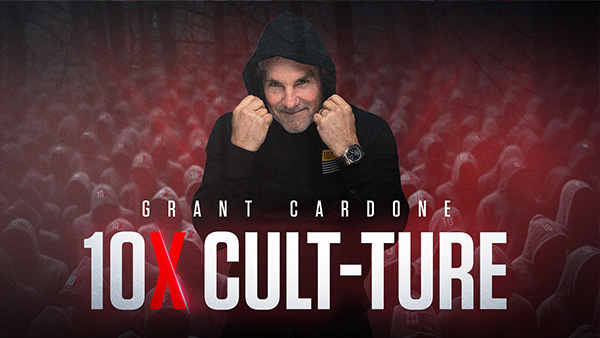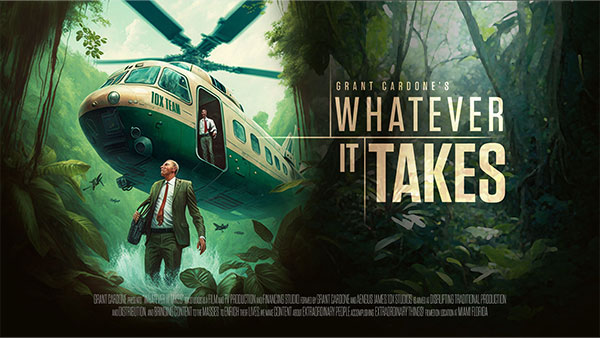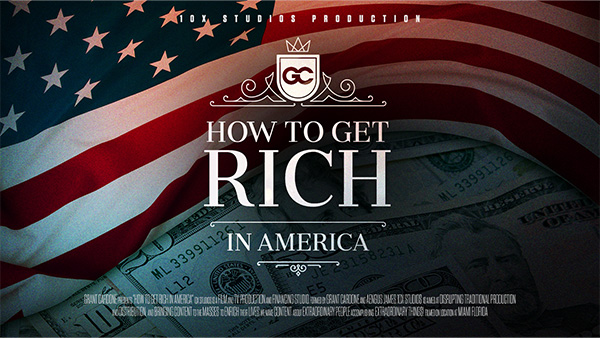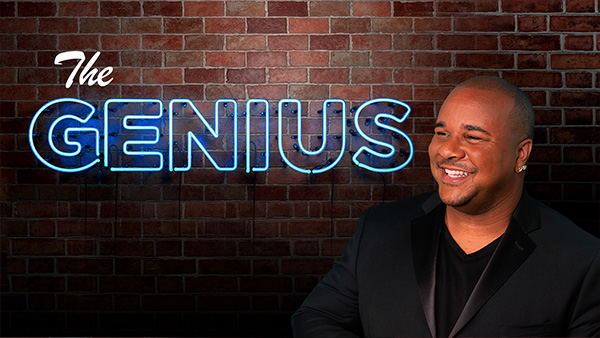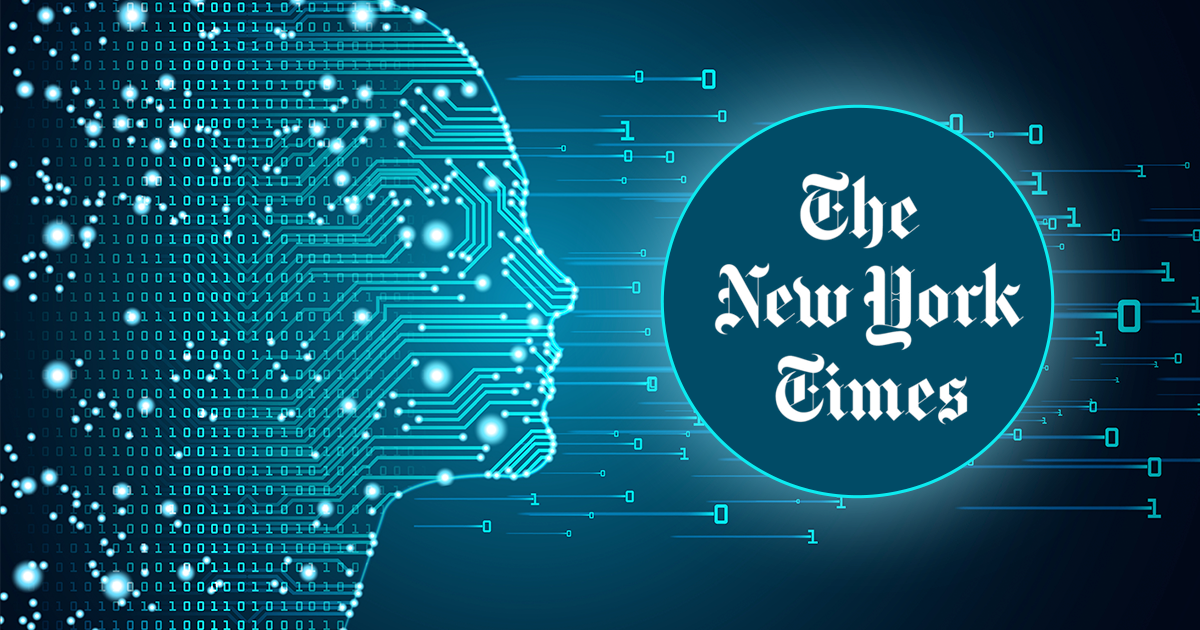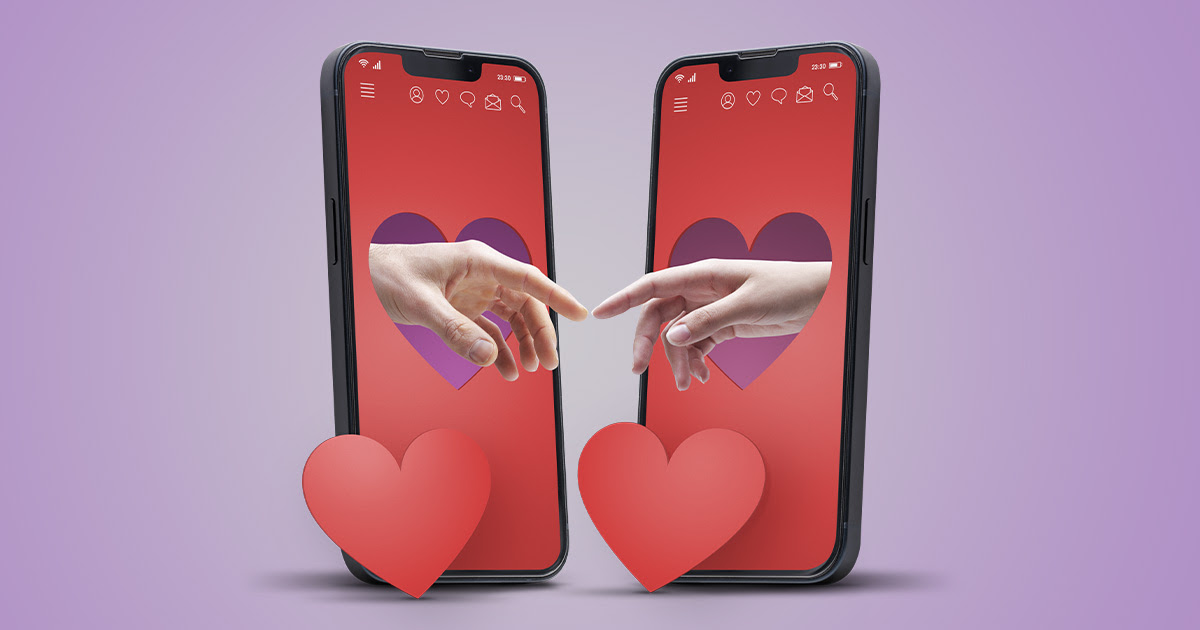New York Times Lawsuit Opens Larger AI Debate
After talks of a licensing agreement, The New York Times is suing OpenAI over copyright infringement of Times’ articles. This lawsuit has since triggered a debate surrounding AI’s use of information online.
The AI Debate: NYT vs. OpenAI
Joining a growing list of publishers, The New York Times filed a lawsuit against OpenAI and Microsoft, the AI company’s largest investor.
The Times claims that ChatGPT, OpenAI’s premier chatbot, is recreating Time’s articles verbatim.
They cite that ChatGPT spit out excerpts from a Pulitzer Prize-winning investigation by the Times. The chatbot also falsely attributed product recommendations to Wirecutter, the Times’ product reviewing site.
Microsoft has not responded to the lawsuit. OpenAI has released a statement saying
“OUR ONGOING CONVERSATIONS WITH THE NEW YORK TIMES HAVE BEEN PRODUCTIVE AND MOVING FORWARD CONSTRUCTIVELY, SO WE ARE SURPRISED AND DISAPPOINTED WITH THIS DEVELOPMENT…WE’RE HOPEFUL THAT WE WILL FIND A MUTUALLY BENEFICIAL WAY TO WORK TOGETHER, AS WE ARE DOING WITH MANY OTHER PUBLISHERS.”
The suit reignited the debate regarding AI data mining and copyright law. As aforementioned, the Times’ is not the first publisher to have sued the tech company over its practices.
How AI Gets Its Information
To train its algorithms, AI chatbots, ChatGPT included, scour the internet to find information that the bots can learn from.
As innovative as the technology is, it still gets a lot of things wrong. Since its rise in popularity, OpenAI has had countless similar lawsuits hurled against them.
Big names like Game of Thrones Writer, George RR Martin and John Grisham have sued for copyright infringement.
Not to mention, 15,000 author’s guild writers have signed an open letter against the use of copyrighted works in training AI chatbots.
The plaintiffs agree that training chatbots on writers’ work are
“FLAGRANT AND HARMFUL INFRINGEMENTS OF PLAINTIFFS’ REGISTERED COPYRIGHTS” AND “SYSTEMATIC THEFT ON A MASS SCALE.”
But what is next for the New York Times in their AI debate?
Outcomes of Lawsuit
While the Times hasn’t listed specific damages, their legal action has stated that they
“SEEK TO HOLD [OPENAI] RESPONSIBLE FOR THE BILLIONS OF DOLLARS IN STATUTORY AND ACTUAL DAMAGES THAT THEY OWE.”
The Times has also asked the court for any AI models or data sets containing Times writing to be destroyed.
Since the rise of AI, lawsuits have been filed almost endlessly. The technology has even spurred massive strikes in Hollywood.
While the case and AI debate develop, one thing is for certain for OpenAI and Microsoft…
Either they make some changes or the lawsuits will keep coming.
Be Great,
GCTV Staff
Disclaimer: This content is intended to be used for educational and informational purposes only. Individual results may vary. You should perform your own due diligence and seek the advice from a professional to verify any information on our website or materials that you are relying upon if you choose to make an investment or business decision. Investment, real estate, and business involve great risk and there is no guarantee of performance or results.We are not attorneys, investment advisers, accountants, tax professionals or financial advisers and any of the content presented should not be taken as professional advice. We recommend seeking the advice of a financial professional before you invest, and we accept no liability whatsoever for any loss or damage you may incur.




